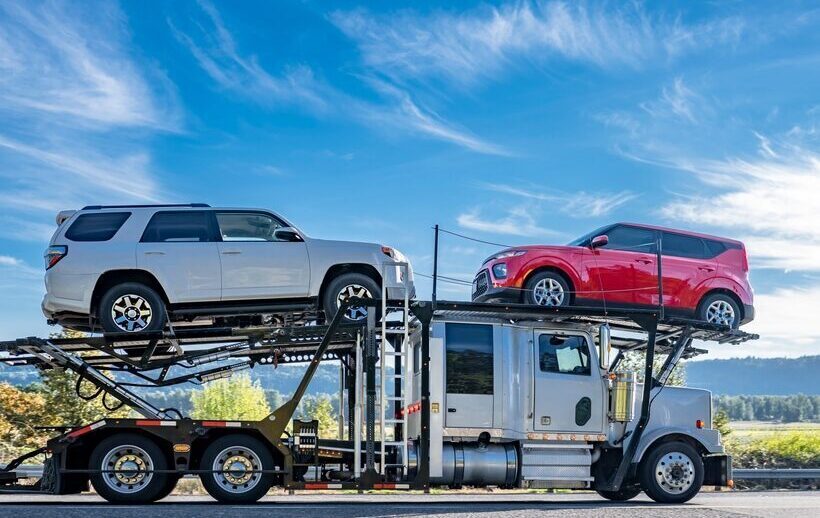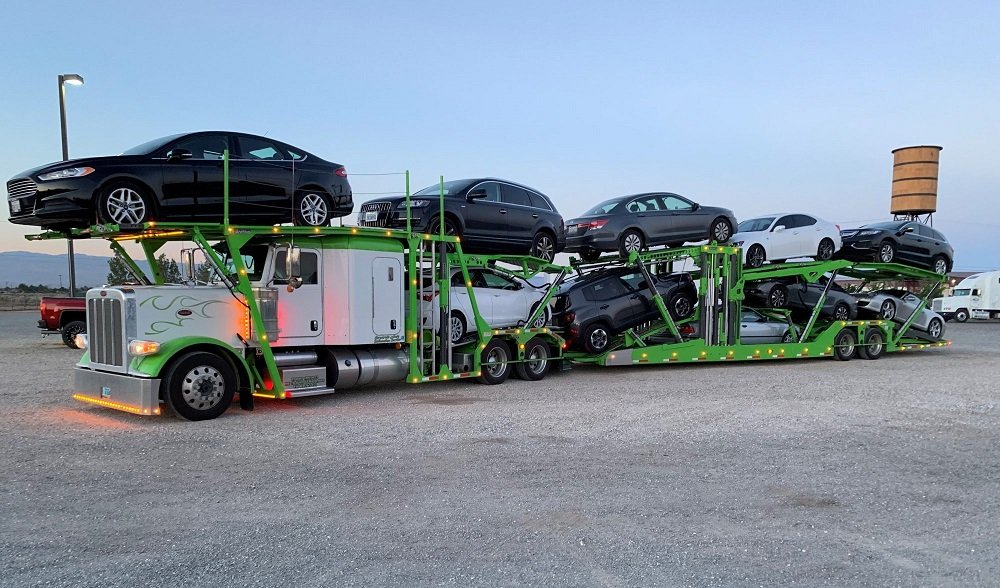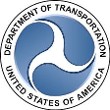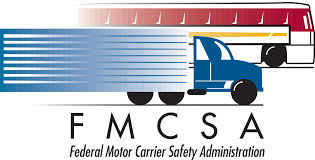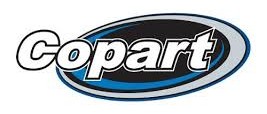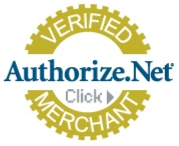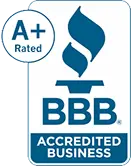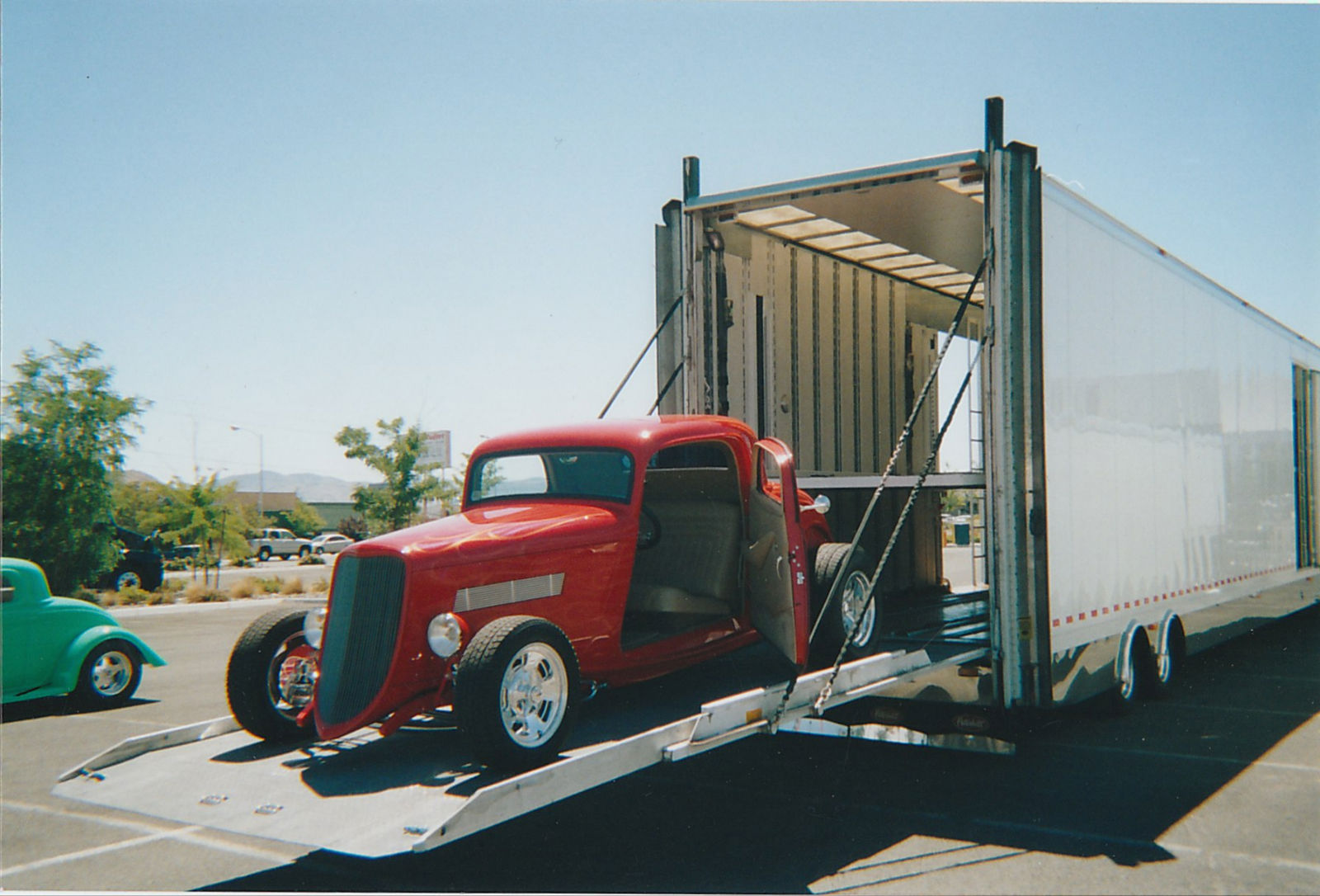
Expedited Auto Transport: When Time Is Of The Essence
In the fast-paced world we live in, time is often our most valuable and limited resource. When it comes to vehicle transportation, this couldn’t be more true. Whether you’re relocating for a new job opportunity, purchased a vehicle from across the country, or need to move a classic car to an upcoming show, sometimes standard shipping timelines just won’t cut it. This is where expedited auto transport services become not just a convenience, but a necessity.
What Exactly Is Expedited Auto Transport?
Expedited auto transport is a premium service designed to move your vehicle from point A to point B in the shortest time possible. Unlike standard auto shipping, which operates on flexible pickup windows and shared load schedules, expedited transport prioritizes your vehicle and follows a more direct, time-sensitive route.
The primary features of expedited auto shipping include:
- Priority Scheduling: Your vehicle gets moved to the front of the pickup queue
- Dedicated Transport: Often utilizing single-car trailers or top spots on multi-car carriers
- Minimal Stops: Direct routing with fewer detours to pick up or deliver other vehicles
- Expedited Documentation: Streamlined paperwork processing to avoid delays
When Should You Consider Expedited Auto Transport?
While standard shipping works well for many situations, certain circumstances warrant the additional investment in expedited services:
1. Immediate Relocation Needs
Sometimes life doesn’t give us the luxury of planning weeks ahead. If you’ve received a job offer requiring quick relocation or need to move unexpectedly, expedited auto transport ensures your vehicle arrives shortly after you do, minimizing disruption to your daily routine.
2. Time-Sensitive Events
Auto shows, exhibitions, auctions, and track events operate on strict schedules. Missing the window means missing the opportunity entirely. Expedited shipping guarantees your prized vehicle arrives in time for its moment in the spotlight.
3. Seasonal Transitions
Snowbirds heading south for winter or north for summer often need their vehicles to arrive within specific timeframes to avoid extreme weather conditions. Expedited services help ensure you’re not left without transportation during these seasonal transitions.
4. Vehicle Replacement
If your primary vehicle has been damaged or requires extensive repairs, having a replacement vehicle shipped quickly can prevent extended periods without essential transportation.
The Cost-Benefit Analysis of Expedited Shipping
Expedited auto transport typically costs 30-50% more than standard shipping services. While this premium might seem substantial at first glance, it’s important to consider the hidden costs of delays:
- Hotel stays while waiting for your vehicle
- Rental car expenses
- Lost wages due to transportation limitations
- Missed opportunities or events
- The intangible cost of stress and inconvenience
When weighed against these potential expenses and disruptions, expedited shipping often represents not just the fastest option, but the most economical one as well.
How to Prepare for Expedited Auto Transport
To ensure your expedited shipping experience goes smoothly:
- Have documentation ready: Registration, insurance, and any required permits should be organized and accessible.
- Prepare your vehicle: Remove personal items, secure or remove loose parts, and ensure the fuel tank is approximately 1/4 full.
- Be flexible with pickup/delivery times: While expedited shipping operates on tighter schedules, being available on short notice can further accelerate the process.
- Communicate special requirements: If your vehicle needs special handling or has unique features, make sure to convey this information upfront.
The Car Carriage Difference
At The Car Carriage, we understand that when you choose expedited auto transport, every hour counts. Our expedited service isn’t just about faster pickup—it’s a comprehensive approach to priority handling throughout the entire transportation process.
Our expedited transport customers benefit from:
- Dedicated dispatch teams focused solely on time-sensitive shipments
- Direct communication channels with drivers and logistics coordinators
- Contingency planning to navigate weather delays or road closures
- Preferred carrier relationships that prioritize our expedited shipments
Conclusion
When standard shipping timelines don’t align with your needs, expedited auto transport provides a reliable solution that balances speed, security, and value. While it comes at a premium, the peace of mind and practical benefits often outweigh the additional cost.
Remember, not all expedited services are created equal. Working with an experienced company like The Car Carriage ensures that your urgent transport needs aren’t just acknowledged, but truly prioritized from booking to delivery.
Don’t let vehicle transportation become the bottleneck in your time-sensitive plans. When every day matters, expedited auto transport delivers not just your vehicle, but the freedom and flexibility you need to keep moving forward.
Need your vehicle transported quickly? Contact The Car Carriage today by calling 855-723-3200 for expedited shipping options tailored to your specific timeline and requirements.

